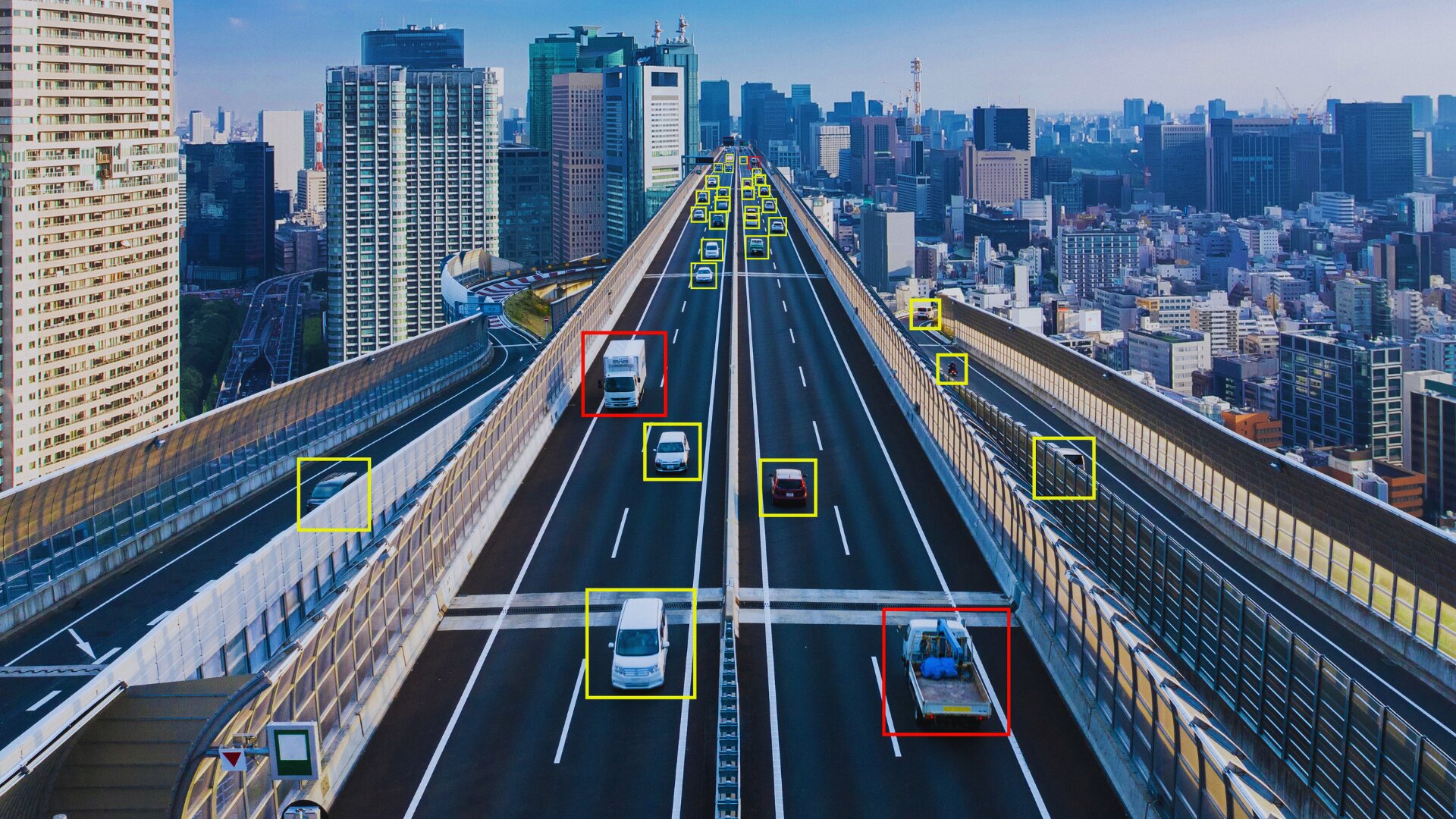
Advanced Intelligent Transportation Systems
Harnessing Innovation to Transform Transportation Efficiency, Safety, and Sustainability
$5500.00
Course Title:
Advanced Intelligent Transportation Systems
Subtitle:
Harnessing Innovation to Transform Transportation Efficiency, Safety, and Sustainability
Introduction:
Intelligent Transportation Systems (ITS) integrate advanced technologies into transportation infrastructure and vehicles to improve mobility, safety, and environmental sustainability. This course explores the evolution, architecture, and components of modern ITS, focusing on how data, communication, automation, and artificial intelligence revolutionize the transportation sector. Participants will gain insight into both global best practices and emerging trends such as autonomous vehicles, connected infrastructure, and AI-driven traffic management.
Course Objectives:
By the end of the course, participants will be able to:
Understand the fundamental architecture and components of Intelligent Transportation Systems.
Analyze how ITS improves traffic flow, safety, and environmental performance.
Evaluate the role of data analytics, IoT, AI, and machine learning in ITS applications.
Explore advanced ITS tools such as adaptive traffic signals, smart parking, and predictive analytics.
Assess challenges and opportunities related to implementation, policy, and integration.
Review case studies from leading ITS deployments globally.
Target Audience:
Transportation engineers and planners
Urban mobility specialists
Smart city project managers
ITS solution developers and integrators
Government policymakers and regulators
Researchers and academics in transportation technology
Course Outline:
Day 1: Foundations of Intelligent Transportation Systems
Evolution and definition of ITS
ITS architecture and standards (US DOT, EU, ISO)
ITS stakeholders and policy framework
Key components: sensors, communication, control systems
Day 2: Traffic Management and Control Technologies
Advanced traffic signal control (SCATS, SCOOT)
Real-time traffic monitoring and incident detection
Adaptive signal systems and coordinated corridors
Case studies: Urban traffic optimization (e.g., Singapore, LA)
Day 3: Connected and Autonomous Vehicles (CAVs)
V2V, V2I, and V2X communications
Role of edge computing and 5G in ITS
CAV testing, infrastructure readiness, and regulations
Ethical and legal considerations of AV deployment
Day 4: Data-Driven ITS Applications
Big data and AI in traffic prediction
Smart parking and demand-based pricing
Transit signal priority and real-time passenger information
Environmental monitoring and eco-routing
Day 5: Integration, Policy, and Future Trends
Integration with smart cities and mobility-as-a-service (MaaS)
Cybersecurity and data privacy in ITS
Public-private partnerships in ITS deployment
Emerging trends: Digital twins, blockchain, and quantum computing
Final group project/presentation: Designing an ITS for a selected city
Learning Methods:
Instructor-led presentations with multimedia
Group discussions and brainstorming
Hands-on simulations or case analysis
Short quizzes and interactive activities
Real-world case studies and best practices
Final team project and peer review
End of Course – Key Takeaways:
Participants will leave the course with a deep understanding of how modern ITS technologies can reshape transportation systems. They will be equipped with the analytical skills and tools to plan, implement, and evaluate ITS strategies in diverse settings, from urban mobility management to autonomous vehicle integration. The course fosters critical thinking and interdisciplinary collaboration for smarter, safer, and more sustainable transportation.


